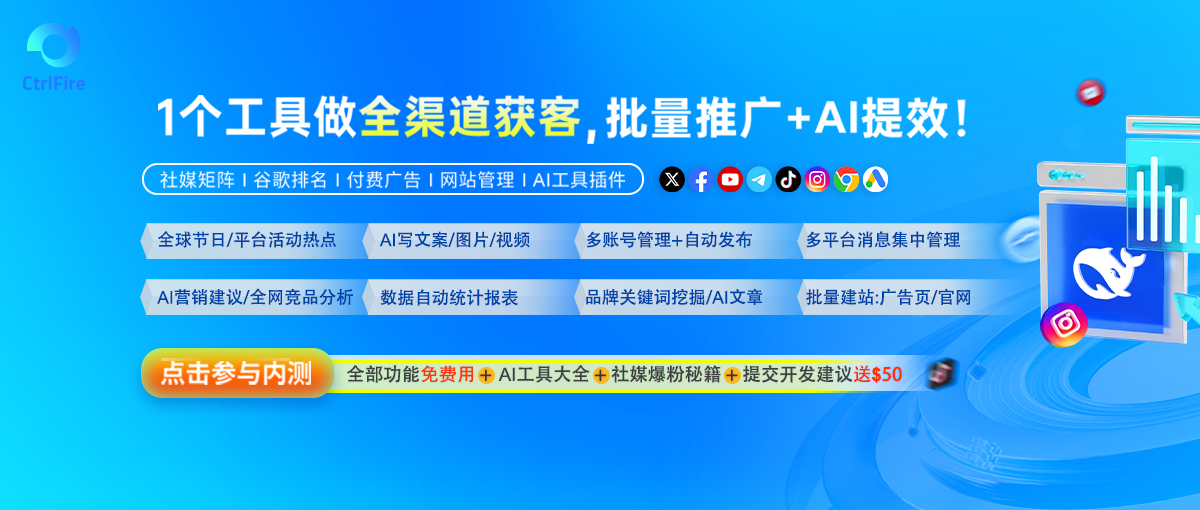Reddit多账号登录的便利性
有时候,我们可能需要在Reddit上管理多个账号。比如,一个账号用来关注科技新闻,另一个账号则专门用来参与兴趣小组讨论。虽然听起来有点复杂,但其实只要掌握了几个小技巧,多账号登录完全可以变得轻松又高效。
首先,我想分享一下自己的经历。刚开始用Reddit时,我也觉得切换账号很麻烦,尤其是在不同设备之间来回操作的时候。不过后来我发现了一些简单的方法,能让整个过程顺畅不少。
浏览器分身功能:快速切换账号的好帮手
如果你经常需要同时登录多个账号,可以试试使用浏览器的“分身模式”或者“隐身窗口”。每个窗口都可以独立登录不同的账号,这样就不用频繁登出和登录了。我平时用这个方法处理工作和个人账号,感觉特别方便。
当然,有些浏览器还支持安装插件来实现更高级的分身功能。比如,像“MultiLogin”这样的工具,可以直接帮你管理多个账号的Cookie信息,省去了很多手动操作的麻烦。
官方App与第三方客户端的妙用
除了浏览器,你也可以通过Reddit的官方App或第三方客户端来实现多账号管理。这些工具通常会提供更好的用户体验,比如一键切换账号、个性化通知设置等。
我自己比较喜欢用一款叫“Boost for Reddit”的第三方应用。它不仅界面友好,还能让我在不同账号间自由切换,完全不会卡顿。而且,它的夜间模式真的超级护眼,晚上刷帖再也不怕屏幕太亮啦!😄
注意事项:保护隐私与账号安全
尽管多账号登录很方便,但也别忘了注意账号安全哦!毕竟,如果某个账号被泄露了,可能会牵连到其他账号。所以,建议大家:
- 为每个账号设置不同的密码,并开启两步验证;
- 避免在公共网络环境下登录敏感账号;
- 定期检查账号活动记录,确保没有异常登录。
另外,记得不要把所有鸡蛋放在一个篮子里——也就是说,尽量不要让所有的账号都绑定同一个邮箱地址。万一邮箱被盗,后果可是相当严重的呢!😅
如何合理规划你的多账号策略
最后,想跟大家聊聊如何根据需求规划你的多账号策略。其实,这就像整理衣柜一样,先明确每件衣服的作用,再决定它们该放在哪个位置。
举个例子,你可以创建一个专注于学习新知识的账号,只订阅教育类社区;另一个账号则用来娱乐,关注搞笑视频或者游戏攻略。这样一来,既能提高效率,也能避免信息过载。
我之前就是这样做的,结果发现生活变得更加有条理了。每天早晨打开Reddit,看到的是精心挑选的内容,心情也跟着愉悦起来。🌈
,Reddit的多账号登录并不是一件难事,只需要一点点耐心和规划就能搞定。希望今天的分享能对你有所帮助,祝你在Reddit的世界里玩得开心!🎉
